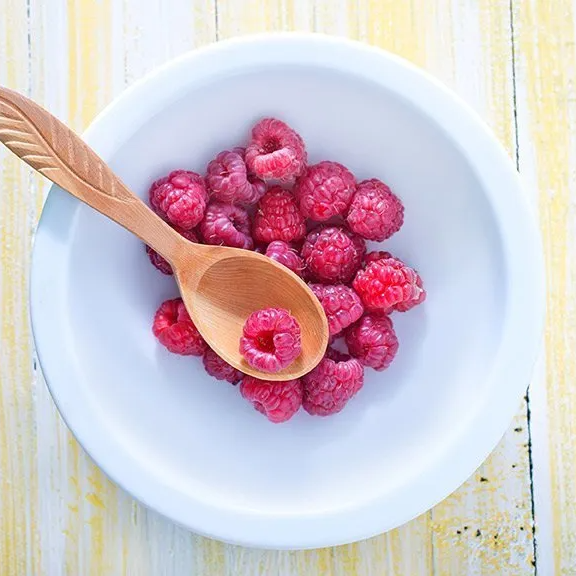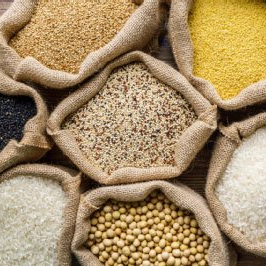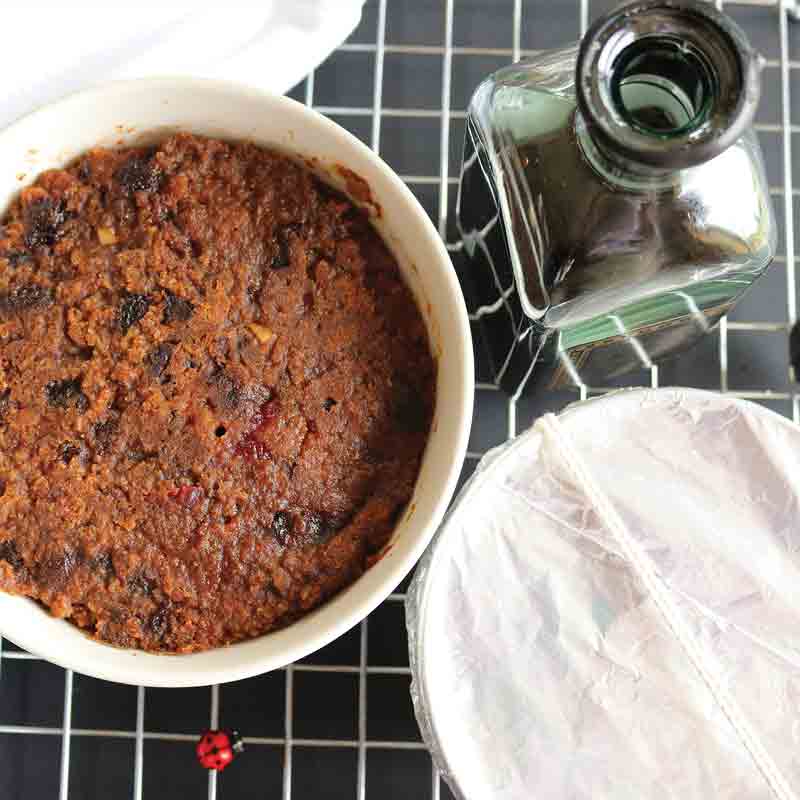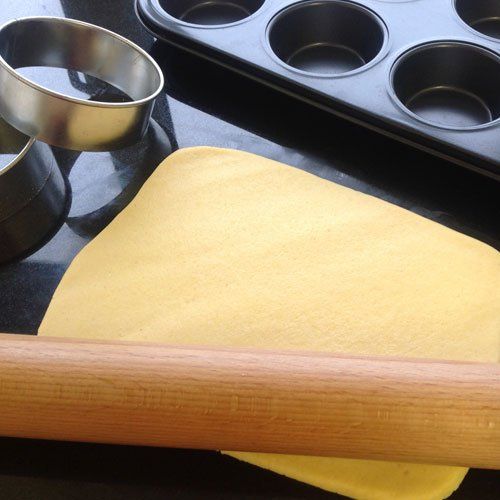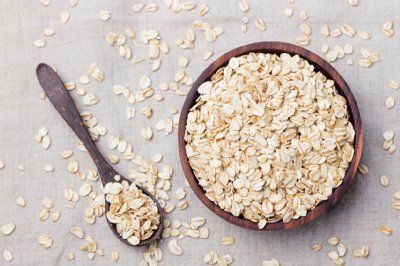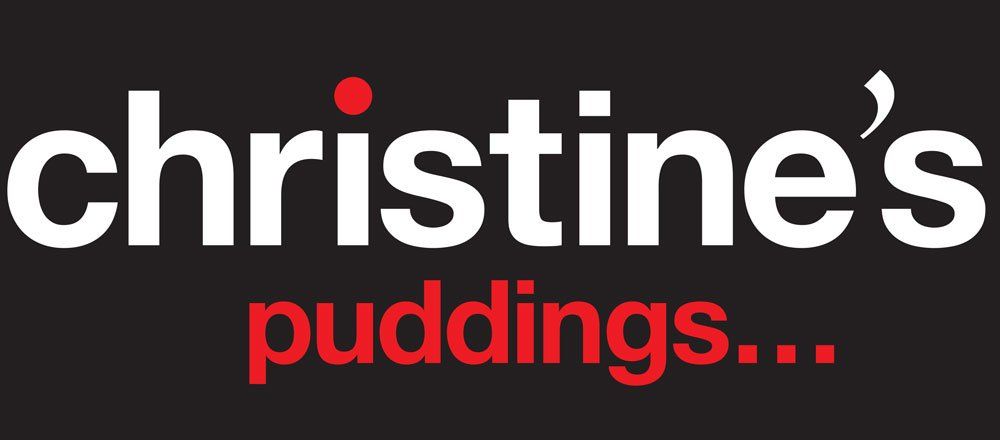Living
gluten free…
everything we make is 100% gluten free

…as a Coeliac
Start living the life you deserve to live – Live your life happy on a gluten free diet…
Being a Coeliac for over 50 years I am pleased to say that the selection of food available to a Coeliac has come a long way from cardboard biscuits, bread in tins, and fruit salad!
What is Coeliac disease?
What is gluten free?
Cooking gluten free…
Know what is and what is not gluten free…
This may seem obvious but there is a great deal of uncertainty over some items. Even experienced Coeliacs are not always 100% certain about what ingredients are appropriate and which are not.
Here, are some simple tips for producing great gluten free food at home – and buying online.
Flour is one of them, so here is a simple guide:
Gluten Free
Amaranth, buckwheat, chestnut, corn (maize), millet, polenta (cornmeal), quinoa, rice, sago, sorghum, soya, tapioca and teff are all gluten free.
Plus all flours that are labelled gluten free
Need to Check
If you are a member of Coeliac UK you can use your Coeliac UK Food and Drink Guide to choose suitable products.
Please note that flours from all grains may be contaminated through milling
NOT Gluten Free
Barley, bulgur wheat, couscous, dinkel, durum wheat, einkorn, emmer
wheat, farro, freekeh, khorasan wheat (Kamut®), pearl barley, rye, spelt, triticale
Flours made from wheat, rye or barley, e.g. plain flour, self raising flour
‘May contain’ notes on products: One view is that ‘may contain’ is not worth the risk, but I know some people who are happy to take the risk and eat them anyway.
Barley Malt: Some confusion is caused by labels that list barley malt or barley malt extract but claim to be gluten free. Products CAN be gluten free and contain barley. If it states it is gluten free then the level of barley will be under the acceptable level (20ppm). See this link for more information:
Other Vinegars: Balsamic, cider, sherry, spirit, white wine and red wine vinegar are not made from barley and can also be included in your gluten free diet.
Baking Powder/Bicarbonate of Soda and other Home Baking Ingredients: Some baking powders are not gluten free but there are plenty available that are.
Home Baking:
Gluten Free
Arrowroot, artificial sweeteners,
bicarbonate of soda, corn starch (flour), cream of tartar, food colouring, gelatine, icing sugar, potato starch (flour), fresh yeast, ground almonds and glacé cherries
Need to check
Baking powder, cake decorations,
marzipan, ready to use icing and dried yeast
NOT Gluten Free
Batter mixes, breadcrumbs,
stuffing mix
Oats: The issue is that sometimes oats are produced in the same place as wheat, barley and rye, and then become contaminated with these other grains.
Oats contain avenin, which is a protein similar to gluten. Research has shown that most people with Coeliac disease can tolerate gluten free oats with no problems, but a very small number of people with coeliac disease may still be sensitive to gluten free oat products.
Recipes: It is essential that we all take care when reading recipes. Always check that the ingredients listed are gluten free. Do not assume that the recipe writer has done this for you. Obviously, there are cookbooks that are specifically for Coeliacs and I would be confident that all recipes in these have been checked.
You can also look at your favourite recipe, say for a sponge cake and just replace the gluten containing ingredients (eg wheat flour, baking powder) with a suitable gluten free version. This usually works without adding anything extra.
Coeliac UK: If you are new to cooking gluten free you can find lots of information and support on their website including recipes. You do not have to be a member to access this, so do have a look.
Membership of Coeliac UK starts at only £1.25 per month for a digital package. The information and support they provide is fantastic on both a national and local level. For more information visit the Coeliac UK website
Buying on-line: There are now some great companies selling gluten free products, but Coeliacs can face problems when ordering online. My advice is to always read the product details, but don't be put off and enjoy your home cooking and buying products online.
